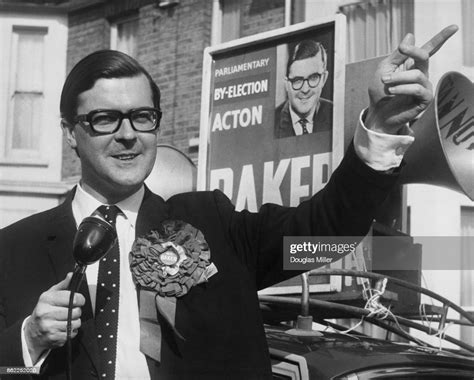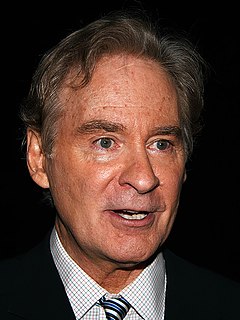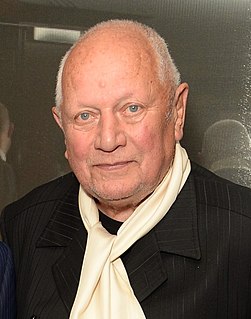A Quote by Victor Hugo
What Shakespeare was able to do in English he would certainly not have done in French.
Related Quotes
Shakespeare's always been sitting on my back, since I began reading. And, certainly, as a writer, he's who I hear all the time. And he's almost indistinguishable now from the English language. I have no sense of what Shakespeare is like. I have no sense of the personality that is Shakespeare. I think, alone among writers, I don't know who he is.
It's a common mistake for vacationing Americans to assume that everyone around them is French and therefore speaks no English whatsoever. [...] An experienced traveler could have told by looking at my shoes that I wasn't French. And even if I were French, it's not as if English is some mysterious tribal dialect spoken only by anthropologists and a small population of cannibals.
I've done many, many French movies and many, many English movies. I think it frees something when you don't talk in your mother language, but I also think you withdraw something as well. I'm a French actress, and sometimes I speak in English-speaking roles. For me, being an actress was always being a traveler. It goes together.
I admired the English immensely for all that they had endured, and they were certainly honorable, and stopped their cars for pedestrians, and called you “sir” and “madam,” and so on. But after a week there, I began to feel wild. It was those ruddy English faces, so held in by duty, the sense of “what is done” and “what is not done,” and always swigging tea and chirping, that made me want to scream like a hyena





































